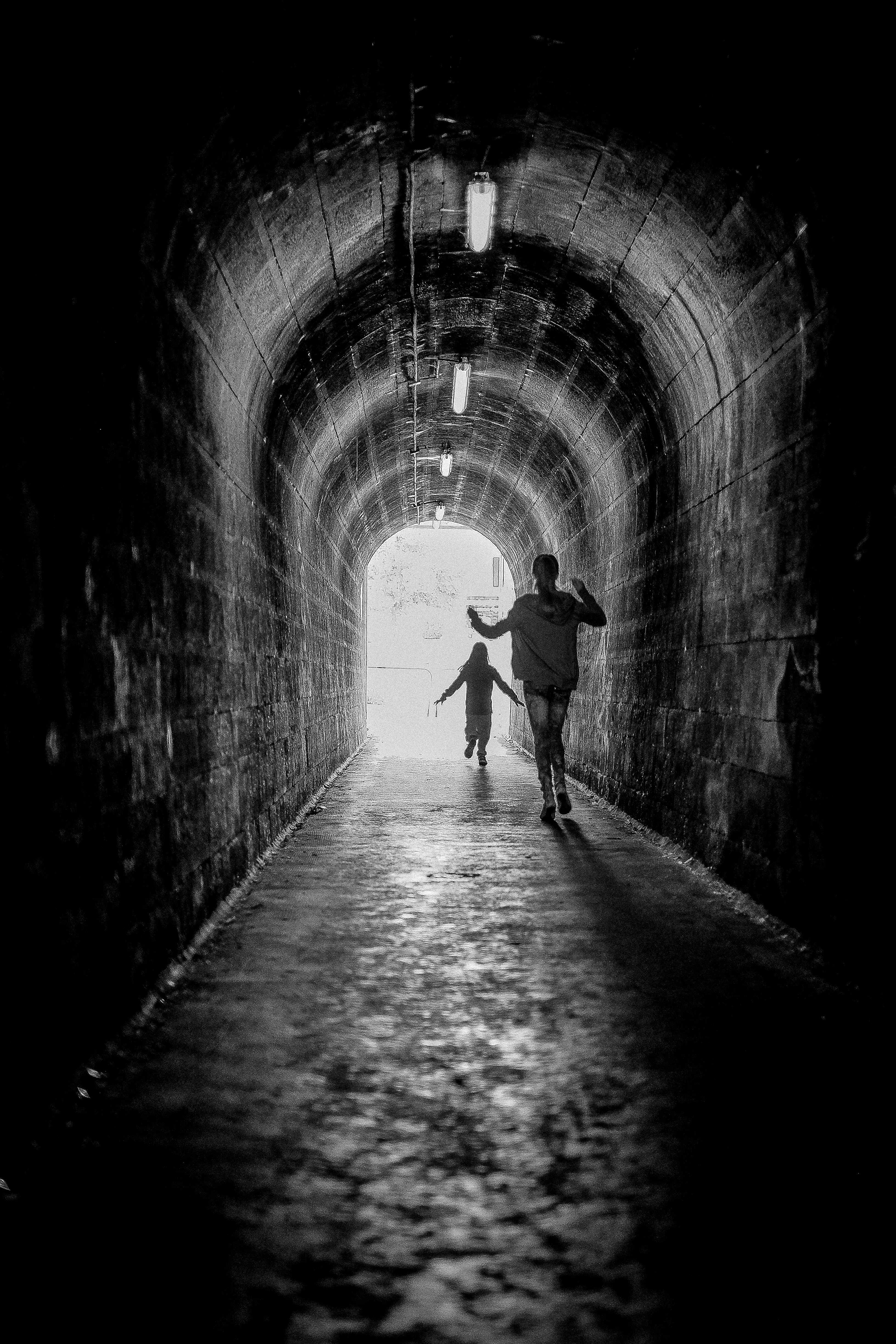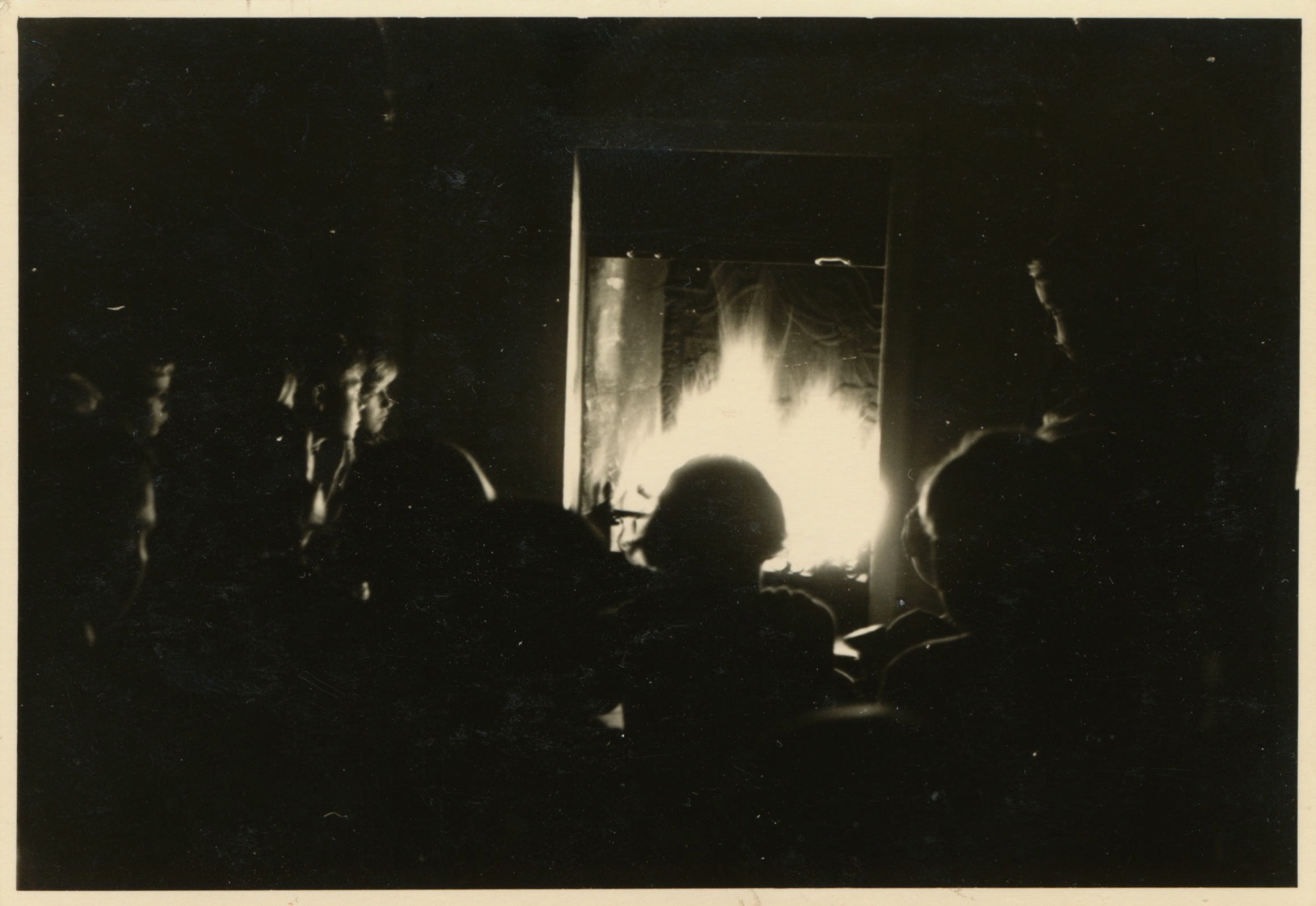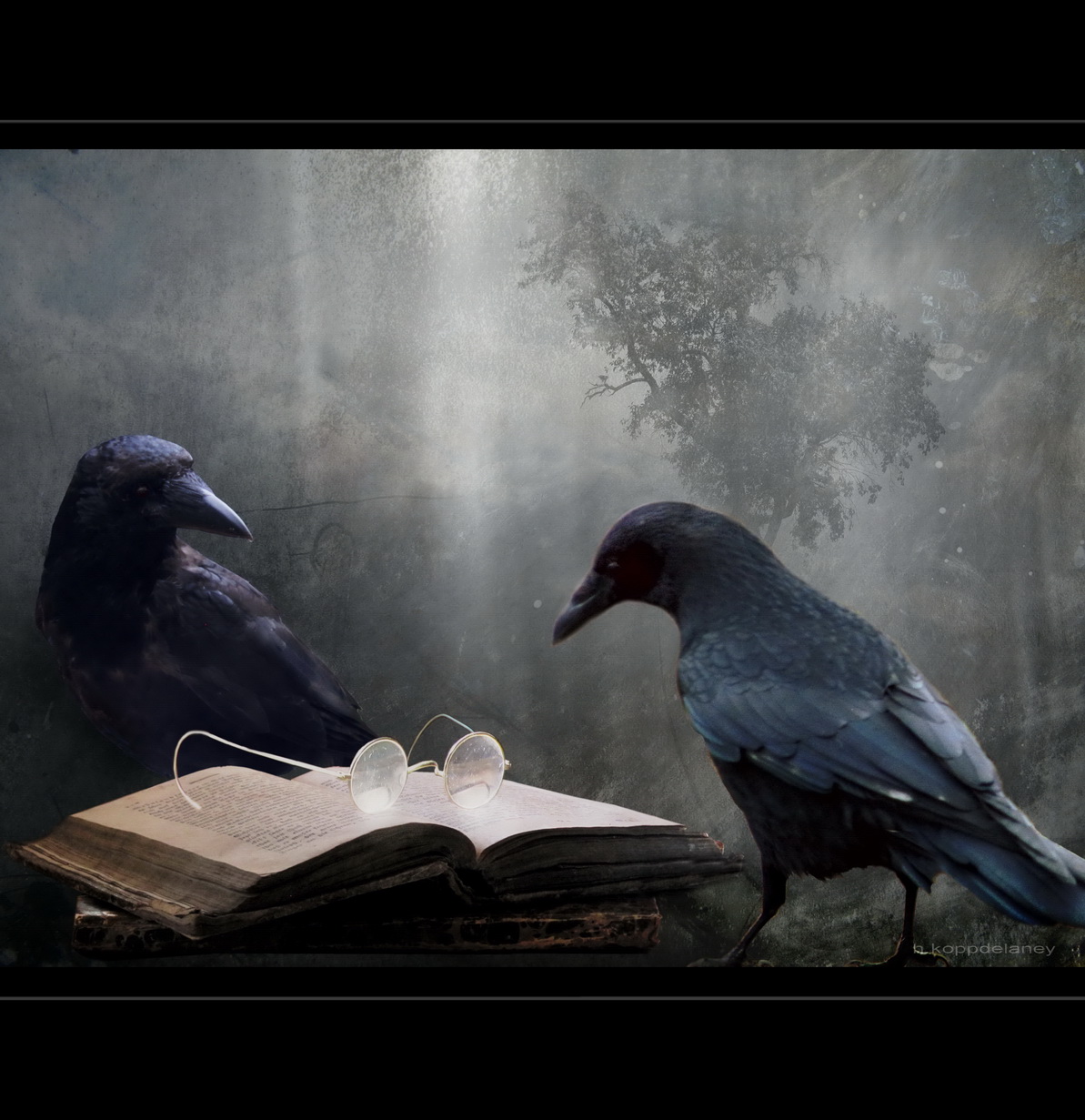
Half-Resurrection Blues by Daniel José Older
My rating: 5 of 5 stars
Half-Resurrection Blues is the kind of novel that’s somehow more than the sum of its parts. Superficially, it’s the story of Carlos Delacruz, a partially (or previously) dead bounty hunter working the gray area between the world of the living and the world of the dead. There’s a shadowy Council calling Carlos’s shots, a fantastical plot afoot, a lot of intriguing and memorable characters, a love story, elements of noir and mystery and magic and romance and horror all mashed together.
Which all sounds well and good enough, but it’s not entirely fresh on the surface, excepting that for the most part HRB avoids the heavy religious under- (or over-) tones from a lot of other life/afterlife/death urban fantasies I’ve read. But even beyond that, what sets HRB apart is the phenomenal pacing, the expert character crafting, and the spot-on plotting Mr Older manages. There are a lot of events, a lot of characters, and none of it feels overwhelming or sketchy. Each major development is well-earned, the wildly imaginative sequences outside the vibrant Brooklyn he creates are all crisply narrated to avoid the muddled description issue that plagues some other writers in this space. But at no point does the book bog down, belaboring the machine underneath the plot. There is always something happening, something looming, something just about to surprise the reader. Some of this is probably due to the way the plot is delivered primarily through a lot of crisp, real-world-feeling dialogue instead of overblown narration. Carlos is a terrific guide through Older’s world, and even when he’s making mistakes, it’s impossible not to root for him to come out on top.
There is so much to like here, including the fact that even though I was worried the ending would be unsatisfying or rushed based on how much was left unresolved and how quickly the end of the book was approaching, but Older manages a neat trick of hitting the peak of all the major story arcs at once right when it needs to and then tidies up in just a handful of concluding pages. This is a complete book in and of itself, which is a relief even though there is at least one sequel; I’ve been burned a lot recently by series books that, by virtue of their ongoing nature, don’t feel inclined to find a legitimate conclusion.
I heavily recommend this book. It’s dark, fun, spooky, surprising, fast-paced, and wonderful. I can’t wait to read the next in the series, because I can’t wait to spend more time in the world and with these memorable characters.









